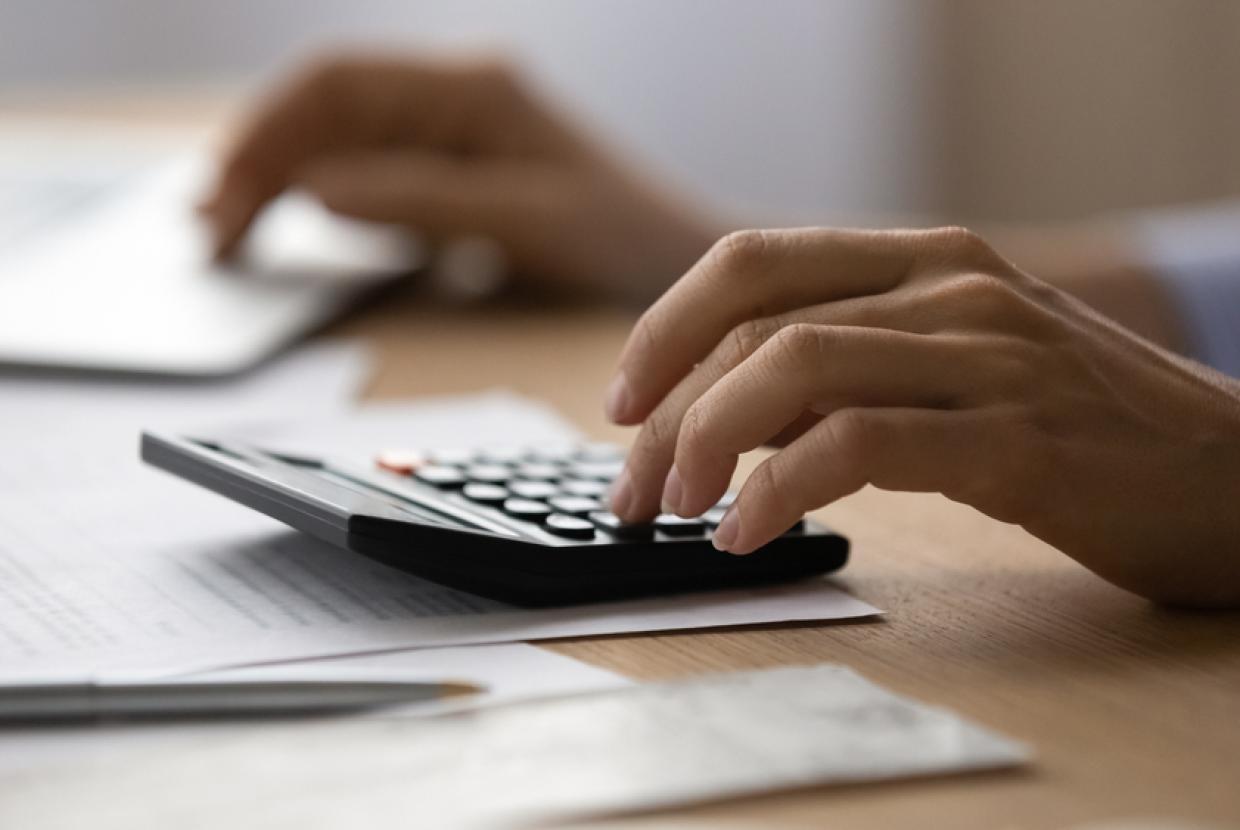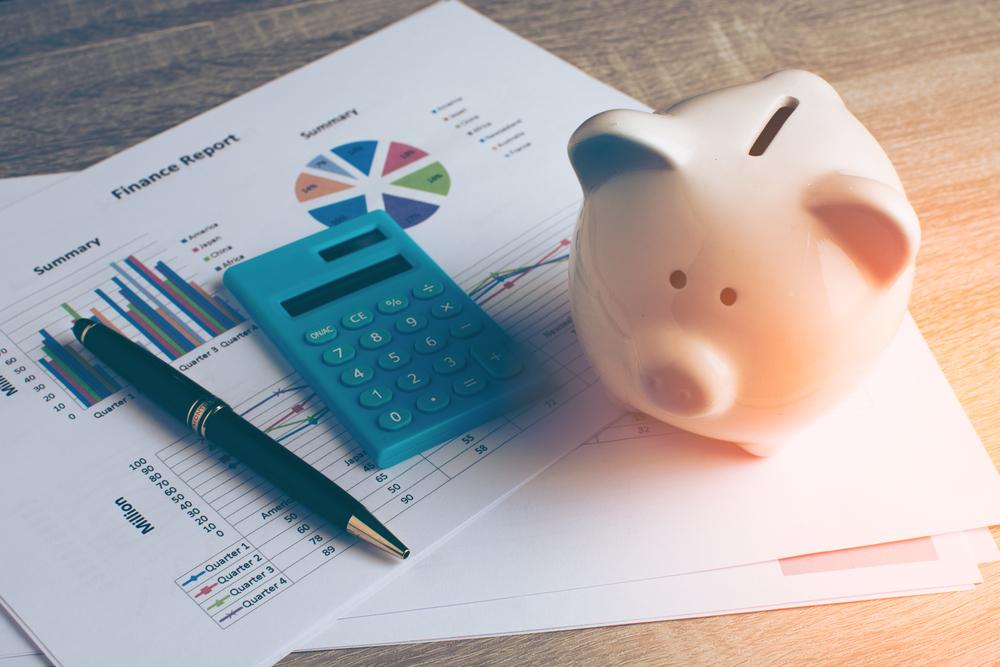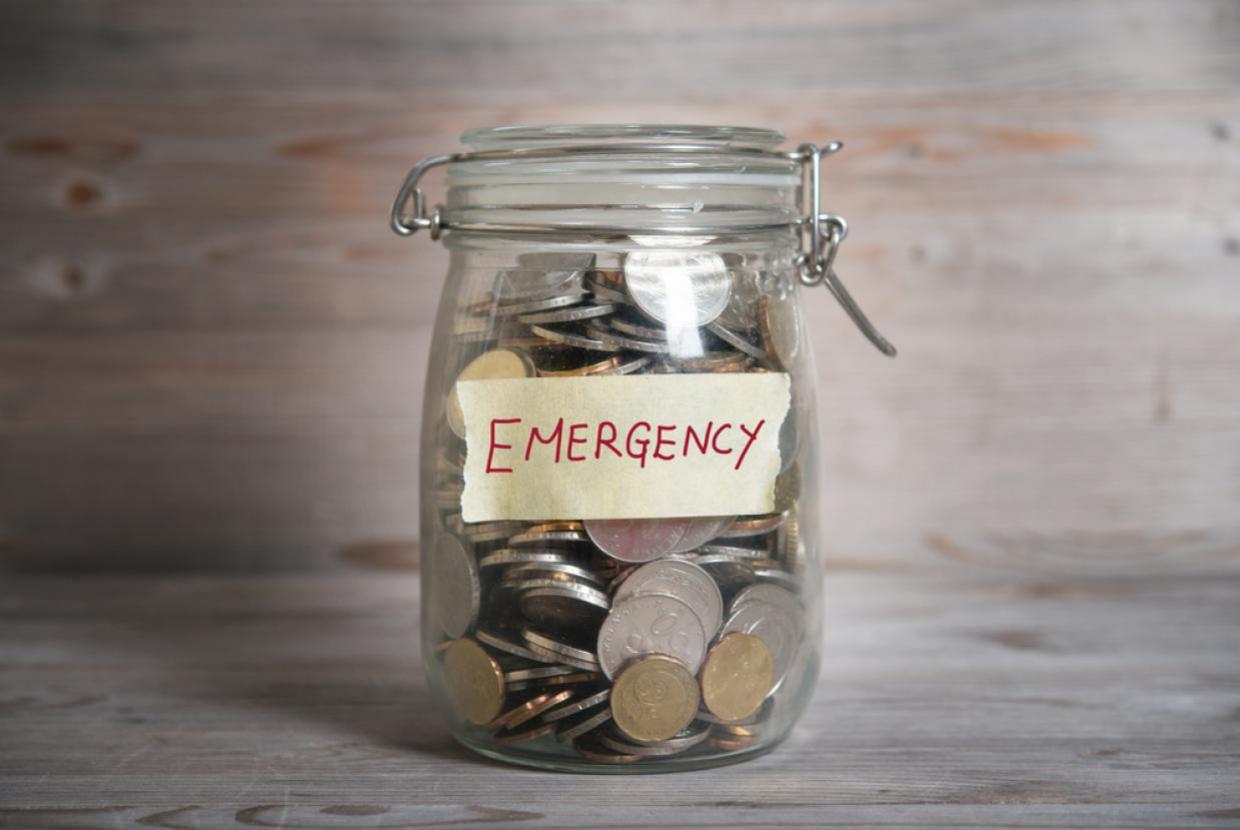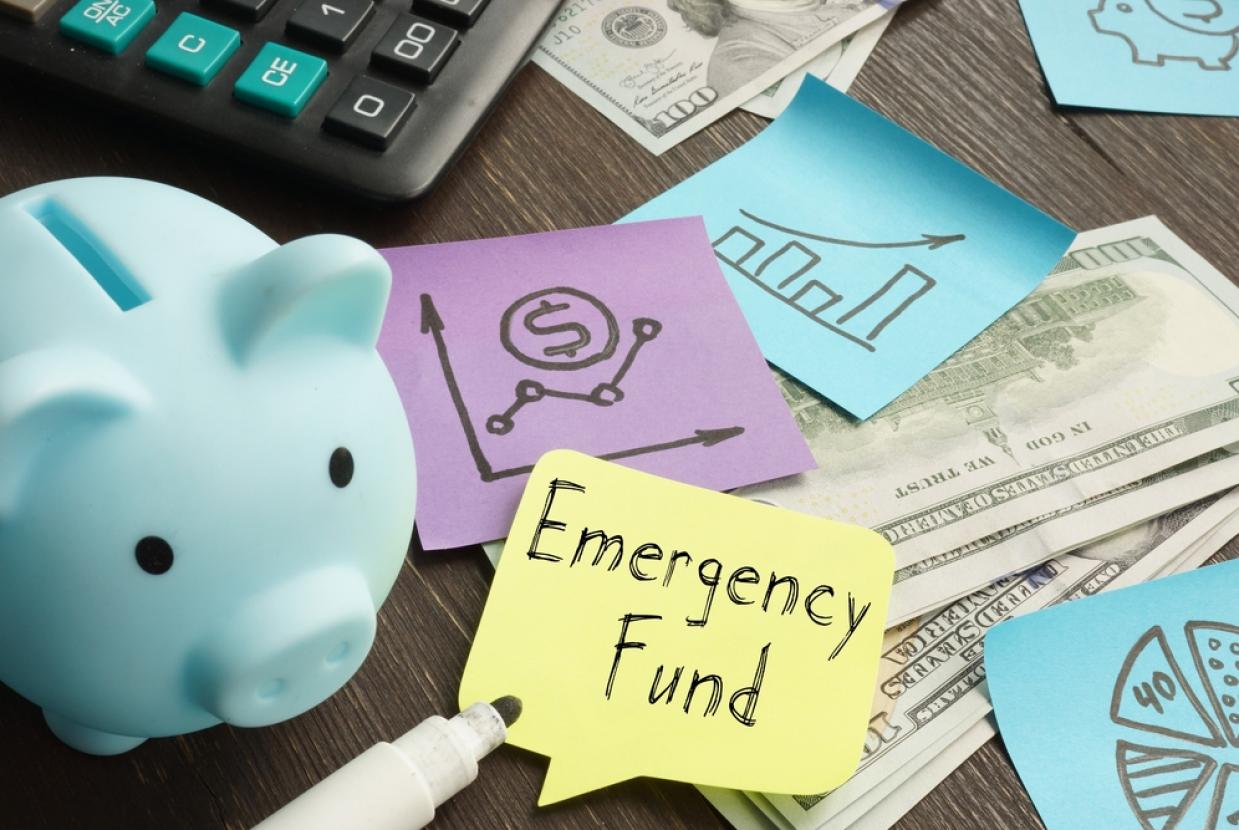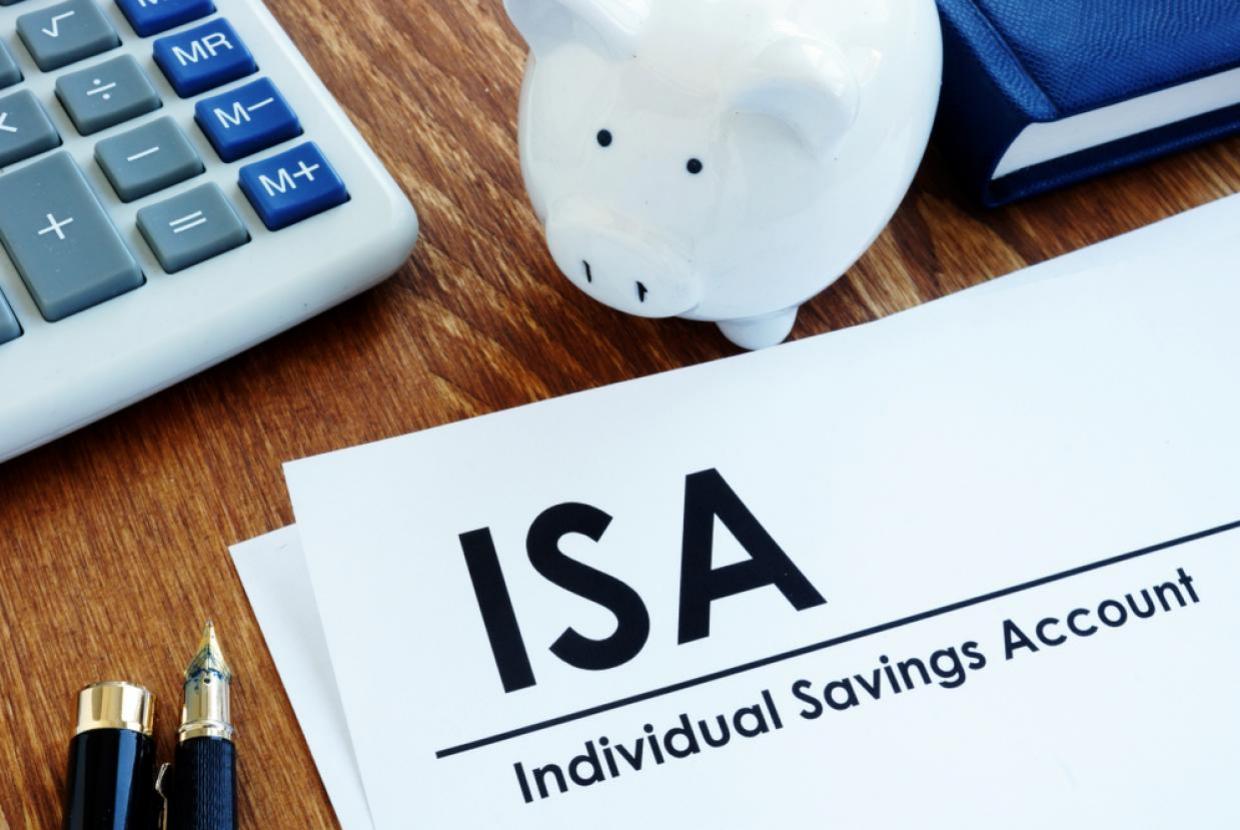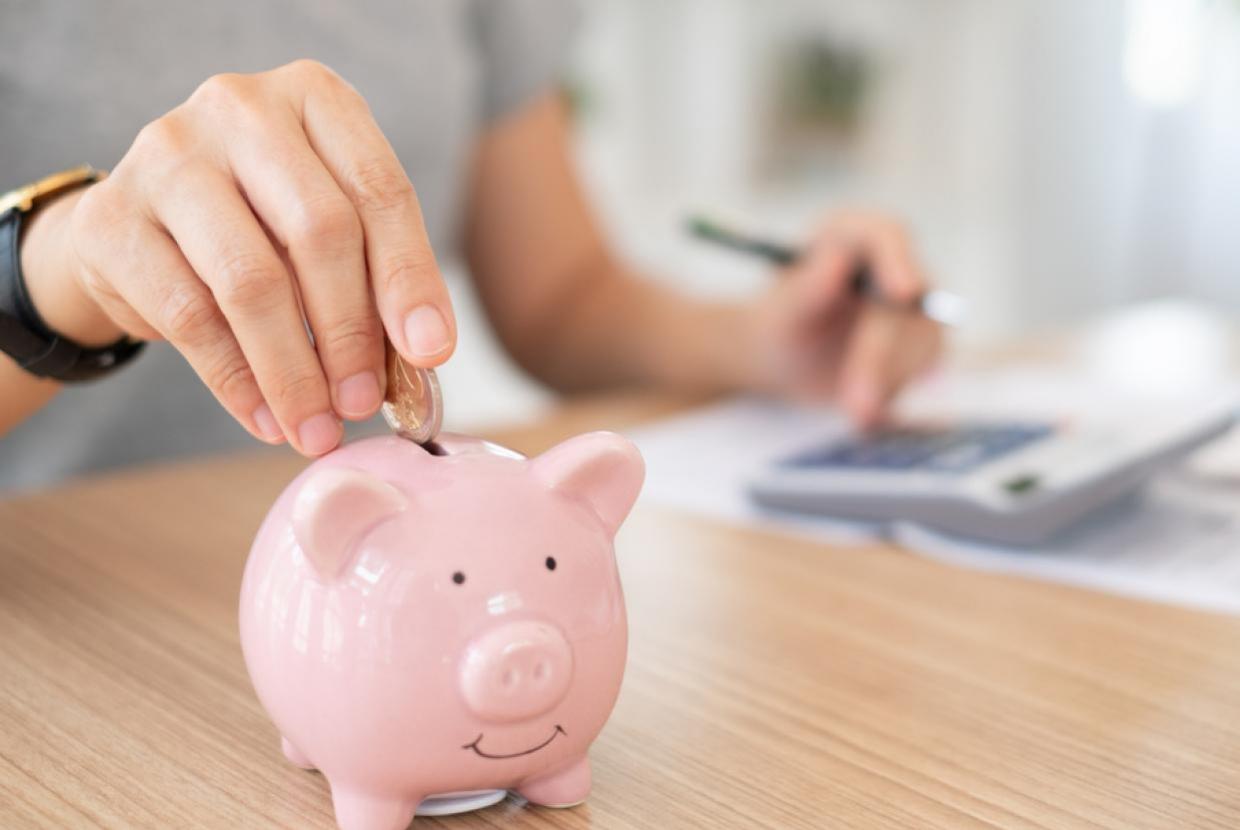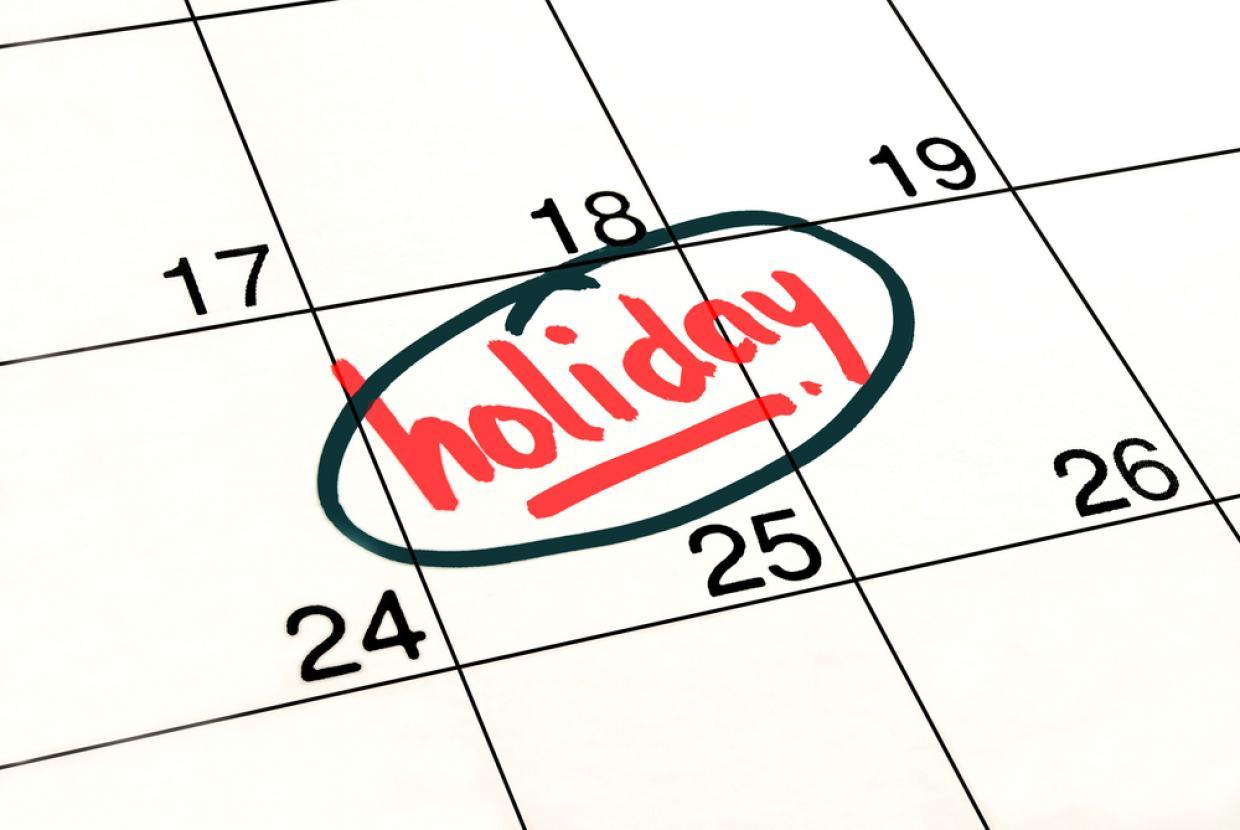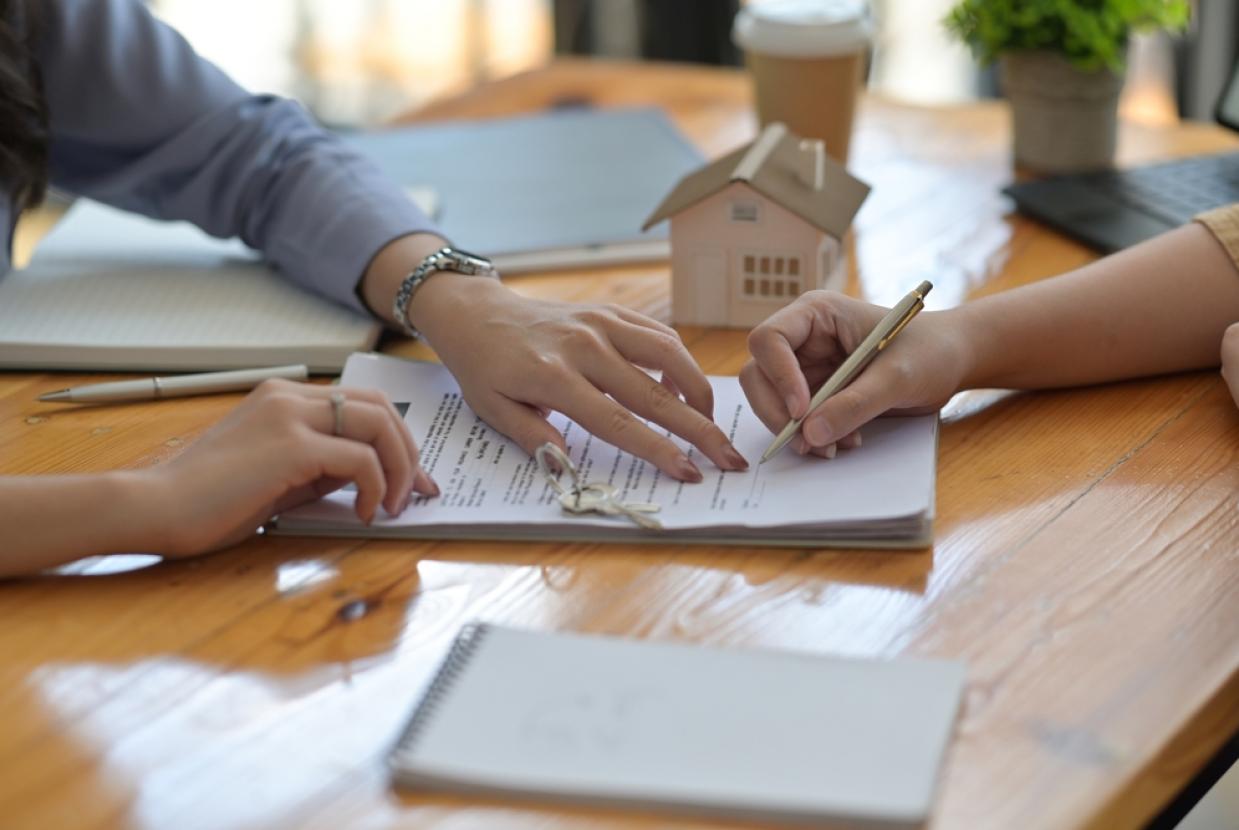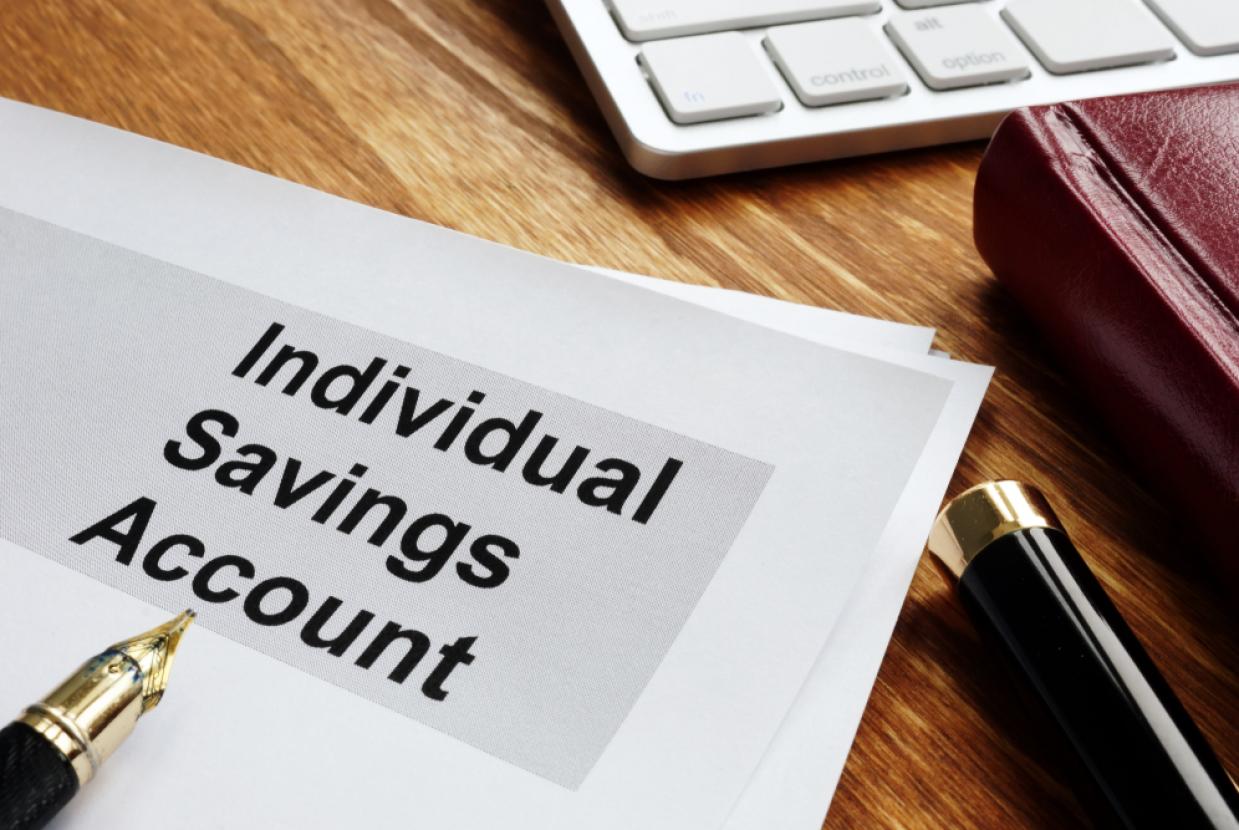Saving Money To Boost Your Budget
With household bills rising ever higher, managing a tight budget can be tough. What often throws us off course is the unexpected, but regular saving can help.
Name your savings goal
Managing a tight budget is challenging, whatever your circumstances are and it’s easy to get into debt for things like holiday expenses or unexpected costs such as a car repair or a broken washing machine.
But borrowing makes purchases more expensive and adds strain to your budget.
A good way to handle unexpected costs is to save a bit each month to build an emergency fund.
Work out how much to save each month
If you’re not sure how much you can afford to save then start small – maybe just putting your change each week into a jar.
If that works, try setting aside a bit more regularly.
Be realistic – it’s better to commit to a smaller sum you’re confident you can manage than a bigger amount that you give up on.Set yourself a target: say an emergency fund of £200.
Once you’ve reached that, raise the bar and go for a bigger sum.
When an emergency does occur, use the emergency pot but then carry on saving to build it up again. It's a good idea to try to have at least three months’ worth of household expenses as an emergency fund.
Get started with your savings
While it’s ok to start saving cash in a jar, for security it might be a good idea to consider setting up a savings account.
Doing so will not only keep the money safe, for emergencies, and reduce your temptation to spend it on a whim, but you could also earn a small amount of interest.
Comparison websites are a good starting point for anyone trying to find a savings account tailored to their needs.
Comparison websites won’t all give you the same results, so it might be a good idea to use more than one site before deciding.
It’s also important to do some research into the type of product and features you need before making a purchase or changing provider.
Watch your savings grow
Check your progress every few months. Review your savings account at least once a year to check you’re getting the best rate of interest. Make use of cash ISAs which have a yearly allowance of £20,0000 so that you don’t pay tax unnecessarily. Many ISAs tempt you with a bonus for the first few months or year but then fall back to dismal rates.
What to do
- Budget for the unexpected – it always happens.
- Open a savings account if you don’t already have one – go online or pop into your bank or building society.


